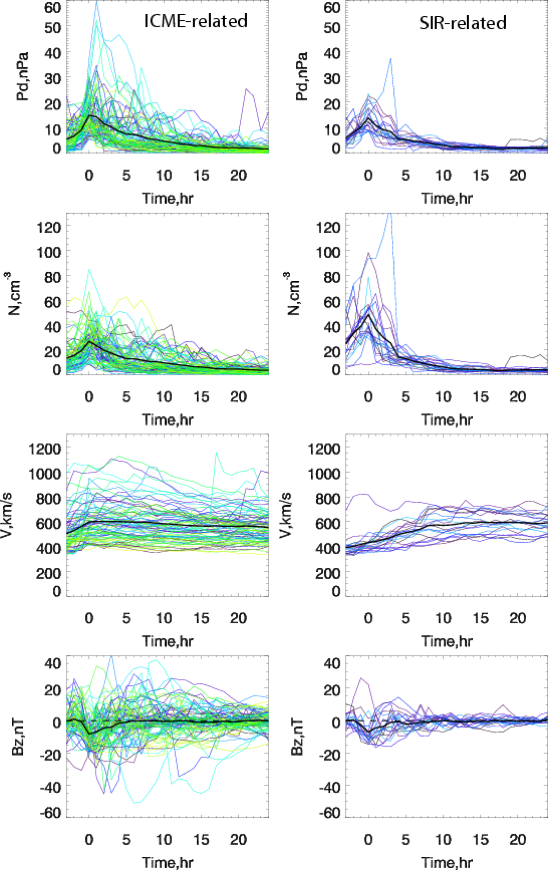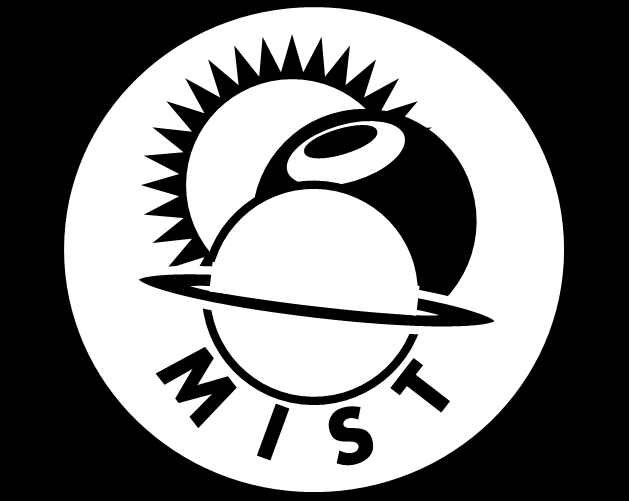MIST
Magnetosphere, Ionosphere and Solar-Terrestrial
Geosynchronous magnetopause crossings and their relationships with magnetic storms and substorms
By Andrey Samsonov (Mullard Space Science Laboratory - University College London)
Strengthening of magnetospheric activity is often preceded by a strong magnetospheric compression. For example, interplanetary coronal mass ejections (ICMEs) which may result in geomagnetic storms often begin with interplanetary shocks and corresponding storm sudden commencements in ground data. We investigate relations between magnetospheric compressions and magnetospheric activity in terms of the indices of magnetospheric activity (Dst, SuperMAG SML and SMU, Kp, PC). We make a list of geosynchronous magnetopause crossings (GMCs) using OMNI data and Lin et al.’s (2010) empirical model. We study which solar wind conditions accompany GMC events and which changes of the geomagnetic indices follow GMCs. We also find out which solar wind drivers result in the GMCs. Using ICME and corotating interaction regions (CIR) catalogues, we classify 74 (of 99) events as ICMEs and 18 events as stream interaction regions (SIRs) or corotating interaction regions. Furthermore, we have found that 76 GMCs follow interplanetary shocks.
During the first GMC hour, the hourly average solar wind density is usually high (larger than 20 cm-3in 70 % cases), and the hourly interplanetary magnetic field (IMF) BZ is negative (in 87 % cases). Over all events the average SMU (SML), Kp, and PC indices reach maxima (minima) in 1 hour after the GMC beginning, while the delay of the minimum of the Dst index is usually 3-8 hours. These average time delays do not depend on the strength of the storms and substorms. The SML (Dst) minimum is less than -500 nT (-30 nT) in the next 24 hours in 95 % (99 %) cases, i.e., the GMC events are mostly followed by magnetic storms and substorms. We compare solar wind and magnetospheric conditions for GMCs connected with ICMEs and SIRs. Our study confirms that the ICME-related events are characterized by stronger ring current and auroral activity than the SIR-related events. The difference might be explained by the different behavior of the solar wind velocity because the velocity at t=0 (the first GMC time) is higher for the ICME-related events (see Figure 1).

Figure 1. Solar wind conditions for the ICME-related (left) and SIR-related (right) events in the interval from 3 hours before to 24 hours after the first GMCs. Thick black lines indicate average parameters.
Please see the paper for full details:
Samsonov, A. A., Bogdanova, Y. V., Branduardi-Raymont, G., Xu, L., Zhang, J., Sormakov, D., et al. (2021). Geosynchronous magnetopause crossings and their relationships with magnetic storms and substorms. Space Weather, 19, e2020SW002704. https://doi.org/10.1029/2020SW002704.
